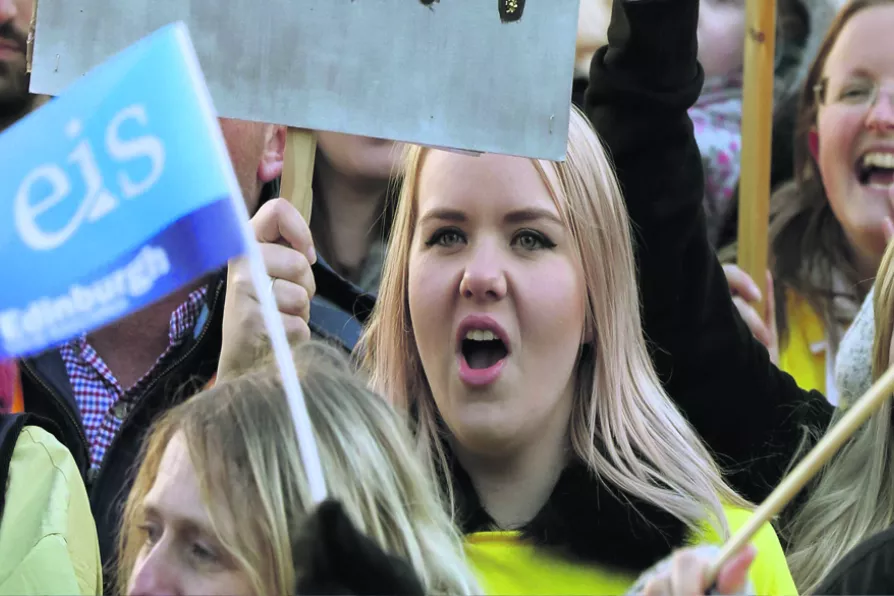Data on regional deprivation in England shows us an unequal society, but what to do about it remains unanswered argue ROX MIDDLETON, LIAM SHAW and MIRIAM GAUNTLETT


WHEN Richard Leonard was elected leader of the Scottish Labour Party in November 2017, decisions were made swiftly to move ahead with the promises made on increasing women’s representation and to rebuild an effective Labour women’s organisation in Scotland.
Labour’s Scottish executive turned its attention to preparing the necessary rule changes for the Scottish Labour conference in March 2018, and by November 2018 a delegate-based, policy-making Labour women’s conference took place in Glenrothes.
Earlier that year, in February 2018, the Glasgow Women’s Library had provided a great venue for bringing Labour women together. From that event, which was addressed by Dawn Butler MP, shadow secretary of state for women and equalities, along with members of the Scottish Parliament, strong contacts between women in constituencies and in trade unions across Scotland were established.

ANN HENDERSON looks at the trailblazers of the Women’s Trade Union League and their successful fight for female factory inspectors — a battle that echoes in today’s workplace campaigns

KEVAN NELSON reveals how, through its Organising to Win strategy, which has launched targeted campaigns like Pay Fair for Patient Care, Britain’s largest union bucked the trend of national decline by growing by 70,000 members in two years












